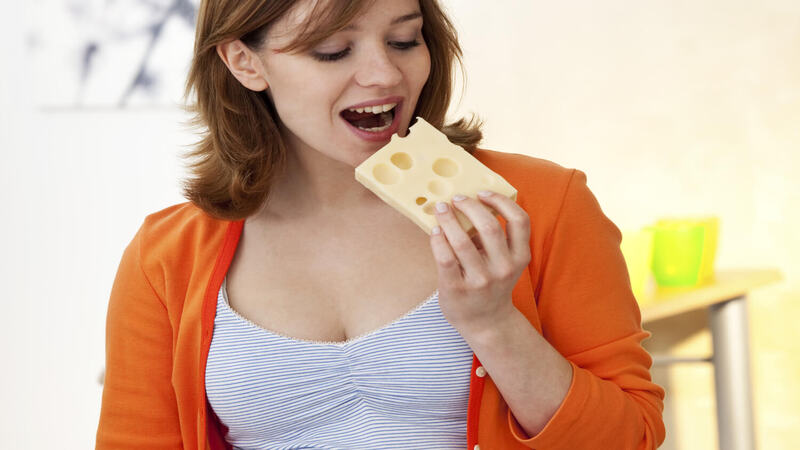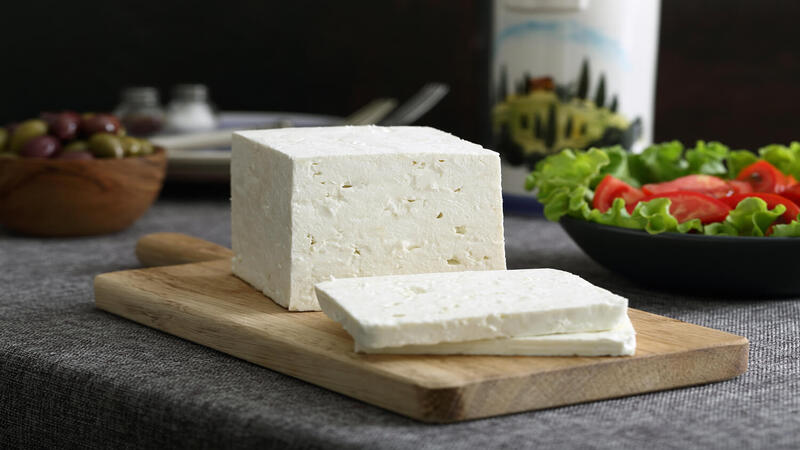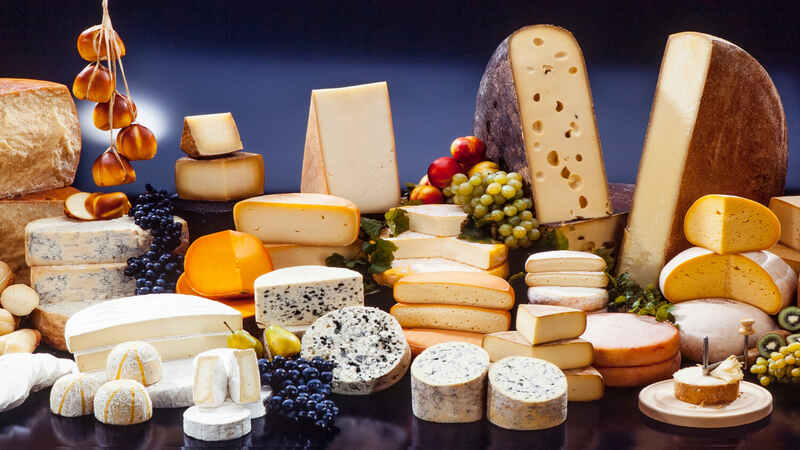
Despite the fact that pregnancy makes repugnance for a certain food, pregnancy is renowned for food cravings as well. It is one of the best (when you crave healthy food) or worst (when you crave non-food items like chalk, soap, etc., which is a condition called pica) things about being pregnant. A lot of women crave cheese during pregnancy. So, Craving For Cheese During Pregnancy – Is It Safe?
You don’t generally need to stress over the craving unless they abandon you needing a non-nourishment thing like soil. Usually, the craving will vanish or diminish by the fourth month of pregnancy.
Craving for Cheese During Pregnancy
One of the most popular cravings during pregnancy is the irresistible craving for cheese. Cheese is a good source of calcium. Calcium during pregnancy is very important. Your unborn baby needs calcium for the growth and development of healthy teeth and bones. However, cheese can be hard on your digestive system and can induce constipation.
Is Eating Cheese Safe During Pregnancy?

There are many varieties of cheese. Not all varieties of cheese are safe to have during pregnancy as some of them will probably develop microscopic organisms, for example, Listeria, which may hurt your unborn child. Usually, hard cheese varieties are considered safe to eat during pregnancy.
What is Listeria?
Listeria is a kind of bacteria that is present in food that may not have been stored or cooked properly. The bacteria can impact the individual who eats that food that has not been appropriately cooked. If a mum-to-be gets infected with Listeria, she can get sick with a disease called listeriosis.
This causes influenza-like symptoms. Despite the fact that listeriosis may not cause any serious health issues for the mum-to-be, it can bring about serious health issues for the unborn. It can even prompt premature delivery, or in around one in every five cases, stillbirth or severe health issues in the newborn baby.
Which Varieties of Cheese are Not Safe to Eat During Pregnancy?
 Not all kinds of cheese are okay to have when you are pregnant. Following varieties of cheese are not safe to eat during pregnancy.
Not all kinds of cheese are okay to have when you are pregnant. Following varieties of cheese are not safe to eat during pregnancy.
1. Soft Cheese
Soft cheeses are often not pasteurized – a process that kills Listeria. Cheeses such as feta, Brie, and Queso Fresco fall under this category. Soft blue-veined cheese is also not safe to have during pregnancy.
2. Mould-Ripened Soft Cheese
This is not safe to have during pregnancy as the moulds with which they are made can contain Listeria.
3. Soft Unpasteurized Sheep and Goat Cheese
Chabichou, chevre, pyramide and torta del cesar come under this category.
Which Varieties of Cheese are Safe to Eat During Pregnancy?
Following varieties of cheese are safe to eat during pregnancy;
1. Hard Cheese
You can eat all hard cheeses, for example, smoked versions, Cheddar, Parmesan, and Stilton, regardless of the possibility that they’re made with unpasteurized milk. This is because hard cheese doesn’t contain as much water as delicate cheeses so microbes are less inclined to develop in them.
2. Cheese Made From Pasteurized Milk
Numerous different sorts of cheddar are alright to eat, however, ensure they’re produced using pasteurized milk. This incorporates curds, mozzarella, cream cheddar, paneer, halloumi, goat’s cheddar, and processed cheeses, for example, cheese spreads.
3. Soft Cheese Made From Pasteurized Milk
Soft cheese, if processed and made from pasteurized milk, is safe to eat during pregnancy.
Is Eating Goat Cheese During Pregnancy Safe?
It is said that goat cheese befits more than cow cheese. This is because it has
- Fewer calories than cow cheese.
- It is much easier to digest than cow cheese. Actually, one who is allergic to cow milk can drink goat milk without any issues. And vice versa.
- Goat cheese has more vitamins and minerals than cow cheese, just like goat milk.
Despite these factors, you should avoid eating soft goat cheese – chevre which is also mold-ripened. On the other hand, like in the case of cow cheese, hard goat cheese can be eaten during pregnancy as it will not cause any health issues.
You can always go for a grilled cheese sandwich (either hard cow cheese or goat cheese) made with whole wheat bread, which can be both a healthy snack and an answer to your craving. However, the key to a healthy pregnancy is to eat a well-balanced nutritious diet that contains the necessary vitamins, minerals, and other nutrients.
Read Also: Top 8 Ways To Deal With Food Cravings During Pregnancy
FAQ’s
1. Can I Eat Blue Cheese When Pregnant?
No, it is not a safe choice. Blue cheese can increase the chances of listeria poisoning. If the blue cheese is spoilt, it can cause food poisoning.
2. Can I Eat Cheese Every day When I’m Pregnant?
Yes you can. Hard cheese varieties made from pasteurized milk are safe. However, do not over-eat cheese as it can be hard to digest.
3. Can Eating Cheese During Pregnancy Help the Unborn Baby?
Cheese is a rich source of Vitamin D. Regular but controlled intake of cheese during pregnancy can help your baby. It can improve the cognitive development of the fetus.
4. Can Cheese Cause a Miscarriage?
Cheese that is not made from pasteurized milk can contain listeria. Listeria is a dangerous bacteria that can cause abortion. It can even cause health issues in the unborn child.

1 Comment
Such a helpful and informative article! As someone who loves cheese, I was wondering if I could or could not consume cheese during my pregnancy. Definitely comforting for me to know the types of cheese that I can consume. I will continue to stick to my trusted Go Cheese since I can be sure of the flavour, texture and quality of the cheese which is especially important to both me and my child.